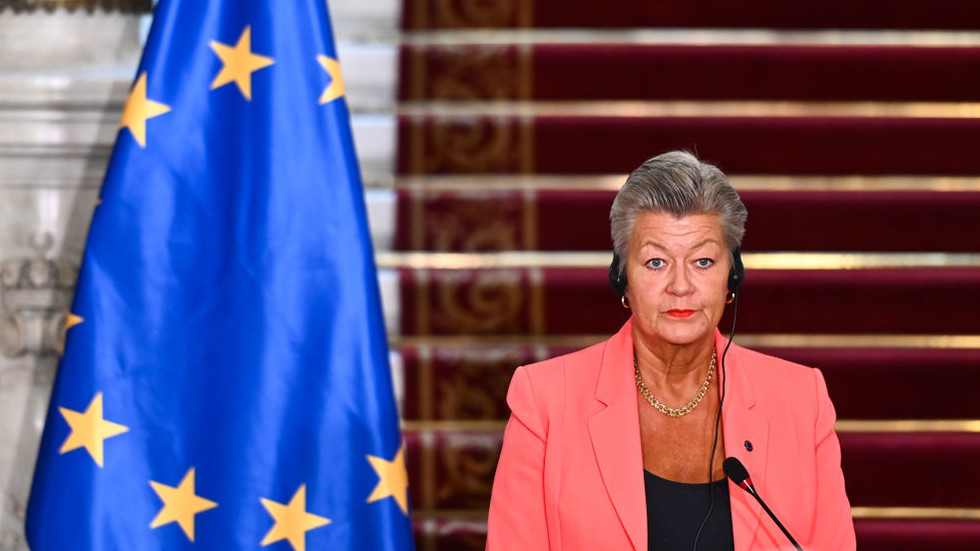South African Authorities Crack Down on Rhino Horn Trafficking Syndicate
In a major breakthrough in the fight against international wildlife crime, six individuals, including prominent conservationist John Hume, have been arrested in connection with a sprawling rhino horn trafficking syndicate. The arrests, made by the specialized Hawks unit, mark the culmination of a seven-year investigation into transnational rhino horn trafficking.
Hume, the 83-year-old former owner of what was once the world’s largest rhino farm, is among those accused of securing nearly 964 rhino horns – approximately 15% of the southern white rhino population – using fraudulent permits intended for domestic trade. These horns were then allegedly exported to Southeast Asia, where demand for rhino horn drives the illicit trade.
The six suspects, including transport manager Clive Melville, attorney Izak du Toit, nonprofit director Elizabeth van Niekerk, insurance broker-farmer Mattheus Poggenpoel, and game reserve manager Johannes Hennop, appeared in Pretoria Magistrate’s Court to face a litany of charges. These include fraud, theft, contravention of the National Environmental Management: Biodiversity Act (NEMBA), racketeering, and money laundering.
Bail was granted under strict conditions, with Hume receiving R100,000 bail, while the other suspects received amounts ranging from R2,000 to R10,000. Environment Minister Dion George hailed the arrests as “a decisive victory in South Africa’s fight against international wildlife crime,” emphasizing the government’s commitment to protecting biodiversity and enforcing the law.
The case has been postponed for further investigation, with the next court date scheduled for December 9, 2025. This development comes as concerns about wildlife crime continue to grow, with 516 rhinos poached across Africa in 2024 alone. The urgent need for robust anti-trafficking measures has never been more pressing.
Hume, who sold his 7,800-hectare Platinum Rhino reserve to African Parks in 2023, had previously attracted controversy for hosting an online auction for rhino horns in 2017. At the time, he argued that a legal trade could reduce poaching. However, despite the domestic market reopening in 2017, international trade remains banned under CITES, and the new allegations mark a significant escalation in enforcement efforts.
The arrests demonstrate South Africa’s commitment to tackling the scourge of rhino horn trafficking and send a strong message to those involved in the illicit trade. As the global community continues to grapple with the devastating impact of wildlife crime, the outcome of this case will be closely watched, and the hope is that it will serve as a deterrent to others engaged in this destructive and lucrative trade.



